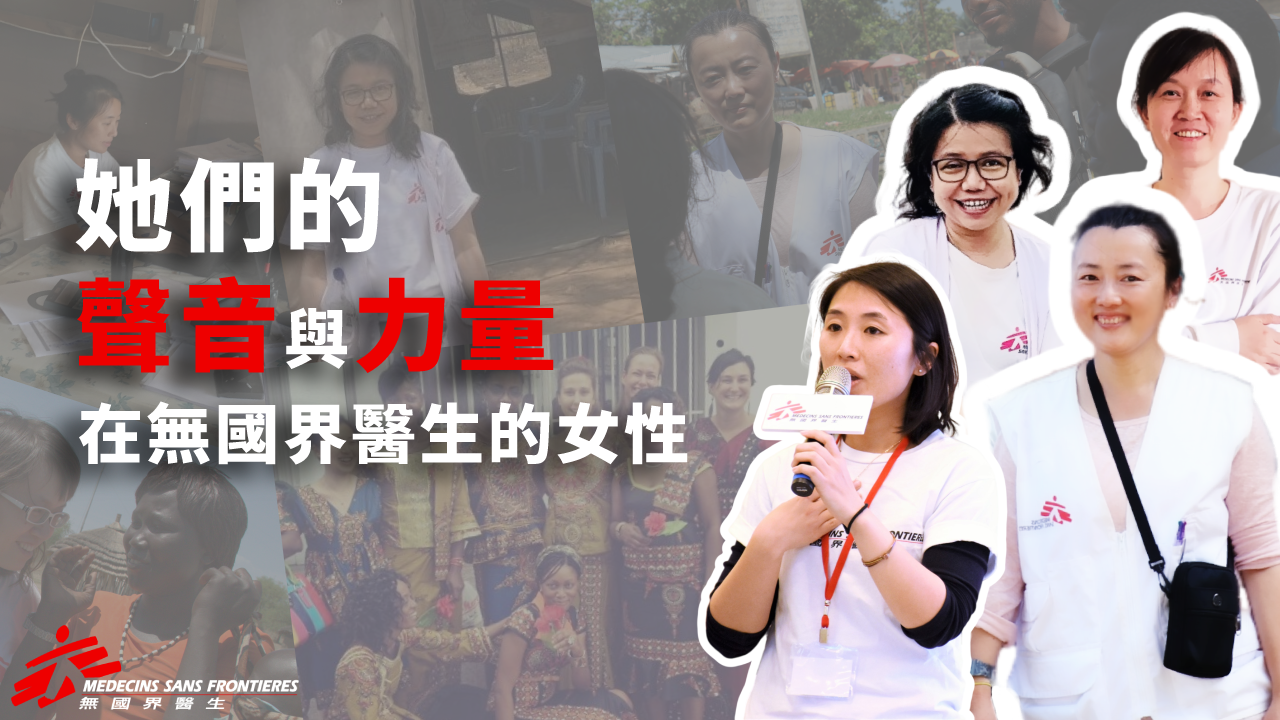Malaysia has an opportunity to demonstrate regional leadership on Rohingya protection
Aug 23, 2018
Beatrice Lau, Head of Mission for Médecins Sans Frontières/Doctors Without Borders (MSF) in Malaysia
On 25 August, it will be one year since the biggest ever displacement of Rohingya refugees from Rakhine state, Myanmar. Over 706,000 Rohingya fled appalling violence after the Government of Myanmar launched the latest “clearance operations” against them. There are now roughly 919,000 Rohingya refugees in exile in Bangladesh, the culmination of decades of targeted discrimination in Myanmar.
In the past year, MSF teams in Bangladesh have performed over 650,000 consultations, the vast majority with Rohingyas. The Rohingya refugees our teams in Cox’s Bazar meet recount stories of horrific violence in Myanmar and express doubt that they will ever be able to return home safely as recognised citizens.
Denied rights in Myanmar, the Rohingya in Bangladesh are now forcibly confined to the camps, and most of the refugee population in the camps have limited access to water, latrines, education, livelihood opportunities and healthcare. Not formally recognised as refugees, and without legal status in Bangladesh, the Rohingya remain unable to work, go to school, access healthcare or the justice system. With few possibilities to build a dignified future for themselves, the future for the Rohingya looks very uncertain.
Malaysia has shown compassion and support for the Rohingya with donations and a field hospital in Cox’s Bazar district, providing much-needed medical care. Such acts of solidarity are crucial, given the acute needs faced by the Rohingya. However, such solidarity is not seen in Malaysia itself.
Malaysia, which has long been a destination for Rohingya refugees, is host to an estimated 73,900 Rohingyas who are denied a lack of formal legal status. Along with other refugees and asylum seekers, the Rohingya are considered as ‘illegal migrants’, which means they are at risk of ending up in detention centres and are greatly limited in their access to healthcare, education and employment.
As a medical humanitarian organisation that supports vulnerable communities in Malaysia through mobile clinics, MSF is particularly concerned by the lack of access to health care for this group of undocumented people. Gravely ill refugees who go to hospital for treatment risk being reported to immigration by health officials and detained. Sadly, this means refugees may abscond from hospital due to a fear of being arrested, delay seeking medical care until it is extremely serious or never seek medical care at all. Being subject to unsubsidized foreigner rate for medical fees, which many refugees cannot afford, refugees are often times barred from accessing the medical diagnoses and treatments they need.
It is commendable that the Ministry of Health has just announced to extend the 50% discount on foreigner rate for medical care to all holders of UNHCR documentation. This is an important and promising step in improving access to healthcare by refugees and asylum seekers. Nevertheless, as long as people fleeing persecution and violence in their home countries are categorized as ‘undocumented illegal migrants’, they are bound to continue facing risk of arrest and detention, either while seeking healthcare or, in fact, at any moment of their daily life.
We join hands with many in the country to applaud the Pakatan Harapan government for pledging to ratify the 1951 UN Refugee Convention. While that may take time to materialize, there are several immediate steps the Malaysian authorities could consider, which would greatly improve protection to refugees and asylum seekers in the country.
The Minister of Home Affairs may consider exercising the power granted under section 55 of the Immigration Act 1959/63, to exempt refugees, asylum seekers and stateless persons as a “class of persons” from prosecution and detention. The government could also formally recognize the mandate and technical expertise of UNHCR to assess, identify and process refugees and asylum seekers according to internationally recognised standards. The authorities may consider recognising the UNHCR card as a legally valid documentation of identification for refugees and asylum seekers. More also needs to be done to ensure all Rohingya and other refugees can be registered with UNHCR and provided with UNHCR cards, which is currently not the case.
These steps, if enforced properly, would immediately allow refugees to come out of the shadows and to enjoy a greater degree of freedom, security and well-being.
Today, the new Malaysian government has a unique opportunity to demonstrate humanitarian leadership in the region. By making use of some of these powers accorded by existing legislative or administrative measures, Malaysia can set an example on how to uphold the rights that Rohingyas and other refugees and asylum seekers should enjoy under international law, and make a major improvement in the lives of refugees.






Leave a Comment